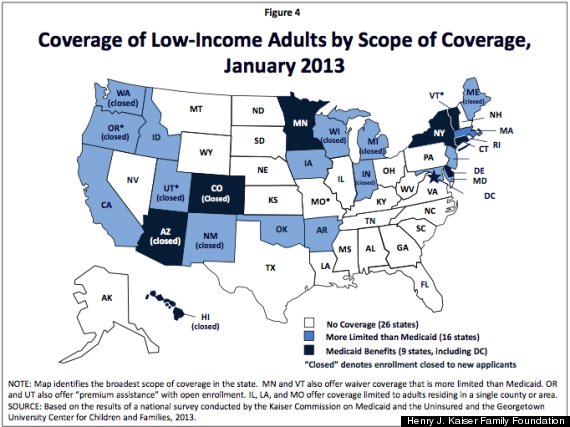Medicaid For Single Woman No Dependents Living At Home
Presented in this article is an overview of Medicaid policies affecting persons in nursing homes and other institutions that provide long-term care—the criteria they must meet to qualify for Medicaid and the costs of care paid by the Medicaid program and by Medicaid recipients themselves. His or her gross income for 2014 must be no more than $3,950. The parent or parents must provide more than half the adult child’s support, including food, housing, health care, clothing.
Table of Contents Connecticut Medicaid Definition Medicaid is a wide-ranging health insurance program for low-income individuals of all ages. Jointly funded by the state and federal government, it provides health coverage for various groups of Connecticut residents, including pregnant women, parents and caretaker relatives, adults with no dependent children, disabled individuals, and seniors. However, this page is focused strictly on Medicaid eligibility for Connecticut elders, aged 65 and over, and specifically for long term care, whether that be at home, in an adult foster care home, in a nursing home, or in an assisted living facility. Medicaid in Connecticut is also called HUSKY Health, and Medicaid for state residents who are aged, blind & disabled is called HUSKY C. The American Council on Aging now offers a free, quick and easy for seniors. Income & Asset Limits for Eligibility There are several different Medicaid long-term care programs for which Connecticut seniors may be eligible. These programs have slightly different financial and medical (functional) eligibility requirements, as well as varying benefits.
Further complicating eligibility are the facts that the requirements vary with marital status, geographic location within the state, and that Connecticut offers multiple pathways towards Medicaid eligibility. 1) Institutional / Nursing Home Medicaid – this is an entitlement program. This means anyone who meets the requirements will receive assistance, which is provided only in nursing home facilities. 2) Medicaid Waivers / Home and Community Based Services (HCBS) – with these programs, there are a limited number of participant enrollment slots.

Therefore, wait lists may exist. Benefits are provided at home, adult day care, or in assisted living.
3) Regular Medicaid / Elderly and Disabled – this is an entitlement program. Benefits are provided at home or adult day care.
Single Woman No Kids
The table below provides a quick reference to allow Connecticut seniors to determine if they might be immediately eligible for long term care from a Medicaid program. Alternatively, take the. IMPORTANT, not meeting all the criteria below does not mean one is not eligible or cannot become eligible.